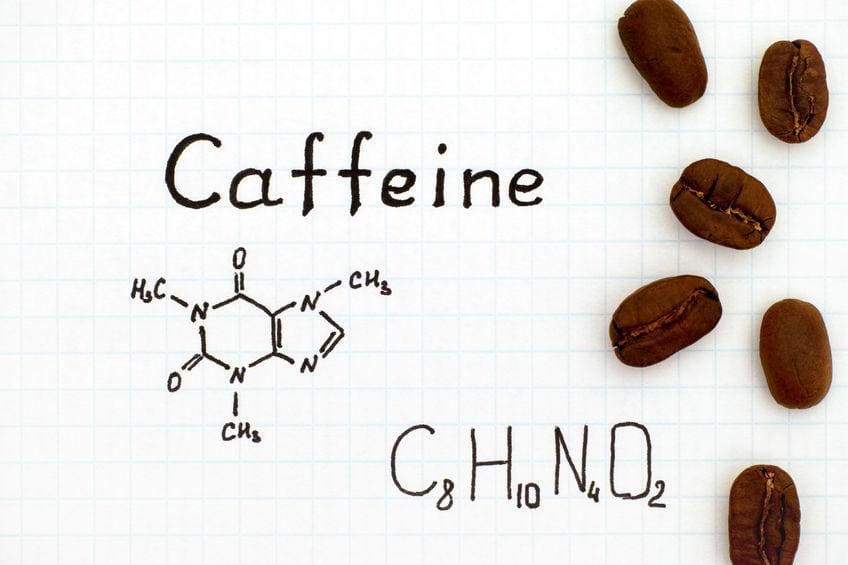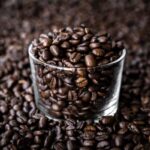Contents
show
Are caffeine pills harmful?
As with many things in life, the same applies to caffeine tablets: the dose makes the difference and everybody reacts differently.
- For example, a 150ml cup of coffee contains 82.5mg of caffeine. Caffeine pills, on the other hand, come in different strengths. If you halve a 200 mg caffeine tablet, the dosage corresponds to about one cup of coffee.
- The effect also depends on the metabolism. Some people tolerate caffeine well, others not so much. The amount of caffeine is not the decisive criterion. Tannins and amino acids play a role here, making caffeine more tolerable in some foods.
- In general, caffeine tablets are better tolerated than coffee. This is also not due to the caffeine, but to the acid contained in the coffee. It causes stomach problems in some people.
- In reasonable doses, caffeine tablets are therefore not harmful. However, you should take a nap if you are tired. The tablet is not suitable for stimulating driving.
Caffeine Pills: The Side Effects
What works also has side effects. This applies to caffeine tablets as well as caffeinated beverages.
- Whether and how pronounced side effects are felt depends on your sensitivity to caffeine and daily consumption.
Caffeine, in any form, increases heart rate and can cause insomnia. - At a dosage of more than 200 mg per day, irritability, headaches, and inner restlessness can also result.
- Like coffee, taking it over a long period leads to the development of tolerance: a tablet then no longer has the desired effect.
- If you’ve ever stopped drinking coffee, you’re probably familiar with caffeine withdrawal. Of course, the same thing happens when you abruptly stop taking caffeine pills after a long time: you get a headache, and you’re tired and irritable.
Caffeine in other drinks
Caffeine isn’t just found in coffee.
- Cola, energy drinks, and black and green tea also contain caffeine in varying amounts.
- The amount of caffeine contained varies depending on the drink. For example, an espresso has 133 mg of caffeine per 100 ml, while a cola contains only 10 mg. Incidentally, with 100 ml of Red Bull, you only absorb 33 mg of caffeine.



